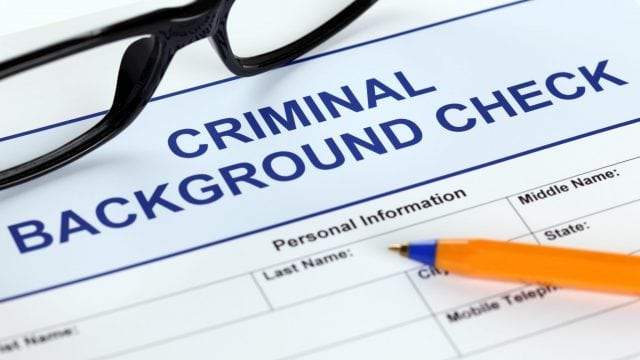If you have a criminal conviction on your record, and you want to apply for student loans, you should know that there may be some restrictions on your ability to obtain assistance.
First, the most common type of convictions that affect your ability to apply for and receive federal student loans are drug-related convictions. In addition, if you have been convicted a sexual offense (forcible or non-forcible) and are subject to an involuntary civil commitment upon the end of your term of incarceration for that offense, you are ineligible to receive a Federal Pell Grant (although you may be eligible to receive federal student loans).
If you have been convicted of any other type of crime, including robbery, homicide, theft or other offenses, you will still be able to apply for and receive student loans as long as you otherwise meet the lender’s criteria. Be aware, however, that no matter what kind of conviction you have incurred, you will be required to answer a question on the Free Application For Student Aid (FAFSA), and explain your criminal record.
With respect to drug convictions, the convictions must have been incurred while you are actually receiving the loan assistance in order to affect your eligibility. Thus, if you were convicted before you enrolled in school and were not receiving federal financial aid at the time, you are NOT automatically ineligible to receive federal student aid.
The consequences of your drug convictions will vary based on the type of offense involved. If you are convicted solely of possession of controlled dangerous substances (CDS), including a disorderly persons or misdemeanor offense, you will be barred from receiving federal student aid for one year following the conviction date. A second possession conviction will increase your ineligibility to two years. Any further possession convictions will prevent you from obtaining aid for an indefinite period, and you will also most likely be required to complete a substance abuse program.
Harsher penalties are imposed for drug distribution offenses. A first-time conviction for the sale or distribution of CDS will result in you being banned from receiving federal loan assistance for two years following the conviction date. A second distribution conviction will permanently bar you from federal loans for a college, university, or trade school. You may be able to lift the bar on your eligibility if you complete a substance abuse program.
For more information on how to determine your specific eligibility for student loans with drug offenses, you should visit the Federal Student Aid Office of the U.S. Department of Education here. Keep in mind that you may also still be eligible for state and local financial aid, scholarships, or other awards.
Criminal convictions do not have to stand in the way of fulfilling your education, personal, or professional goals. Contact Katherine O’Brien Law to learn more about for expungement- a process that removes these convictions from your public record. New Jersey laws on expungement have recently been expanded and your opportunity to expunge your convictions may have arrived. Call Katherine O’Brien today to discuss your eligibility today.







